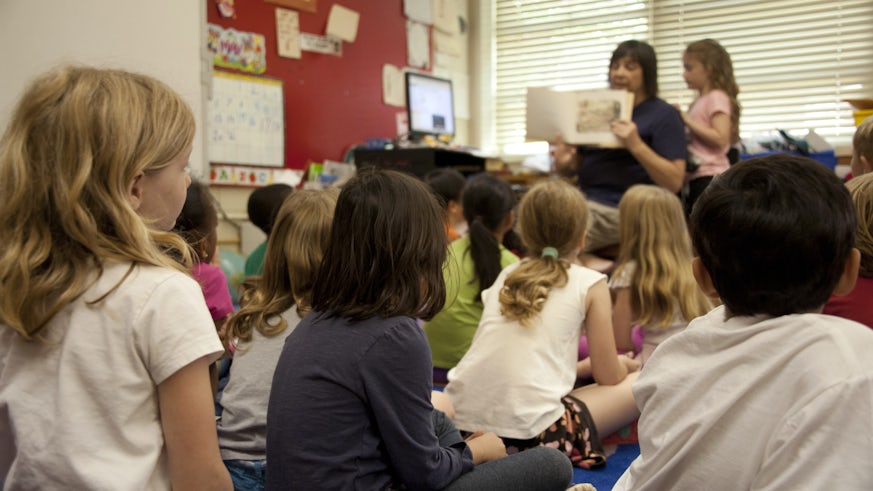Wellbeing measure appropriate to use with children in care
2 June 2021

Young people in care are reporting lower mental wellbeing than their peers.
Researchers from the Wolfson Centre and DECIPHer have released a paper on their latest study examining young people’s wellbeing in relation to their current care status.
Led by Dr. Rebecca Anthony, along with Professors Graham Moore and Simon Murphy, the study looked at the wellbeing of young people in care in comparison to their peers not in care, using the short version of the Warwick-Edinburgh Mental Wellbeing Scale (SWEMWBS) assessment tool.

Research on the mental wellbeing of children in care is sparse and we wanted to examine the suitability of using an assessment tool like SWEMWBS to look at the wellbeing levels of some of our most societally vulnerable young people. Our analysis supported the unidimensionality of SWEMWBS and highlighted the differences in wellbeing between young people within the care system and those outside it.
The study used data from the 2017 School Health Research Network Student Health and Wellbeing (SHW) survey and the final data set included a total of 2,795 participants of which 45% were boys.
This data set included all children in care and a sub-sample of children not in care who completed the SWEMWBS scale fully and answered questions about their living situation.
Professor Graham Moore added “This important work shows the suitability of one measurement tool for understanding the wellbeing of young people in care. But with results showing lower mental wellbeing scores for those in the care system, there is more to be done to ensure all young people are effectively supported with their wellbeing.”
Dr. Anthony concluded “This study adds to the growing evidence that SWEMWBS is appropriate for measuring mental wellbeing in young people in care. Additionally, the wellbeing of young people in foster, kinship, and residential placements was significantly lower than their peers not in care, highlighting the need for interventions to promote mental wellbeing in this group.”
The paper ‘Measurement invariance of the Short Warwick‑Edinburgh Mental Wellbeing Scale and latent mean differences (SWEMWBS) in young people by current care status’ was completed in partnership with the Wolfson Centre and DECIPHer at Cardiff University and the University of Exeter.
It can be viewed online via Springer.
